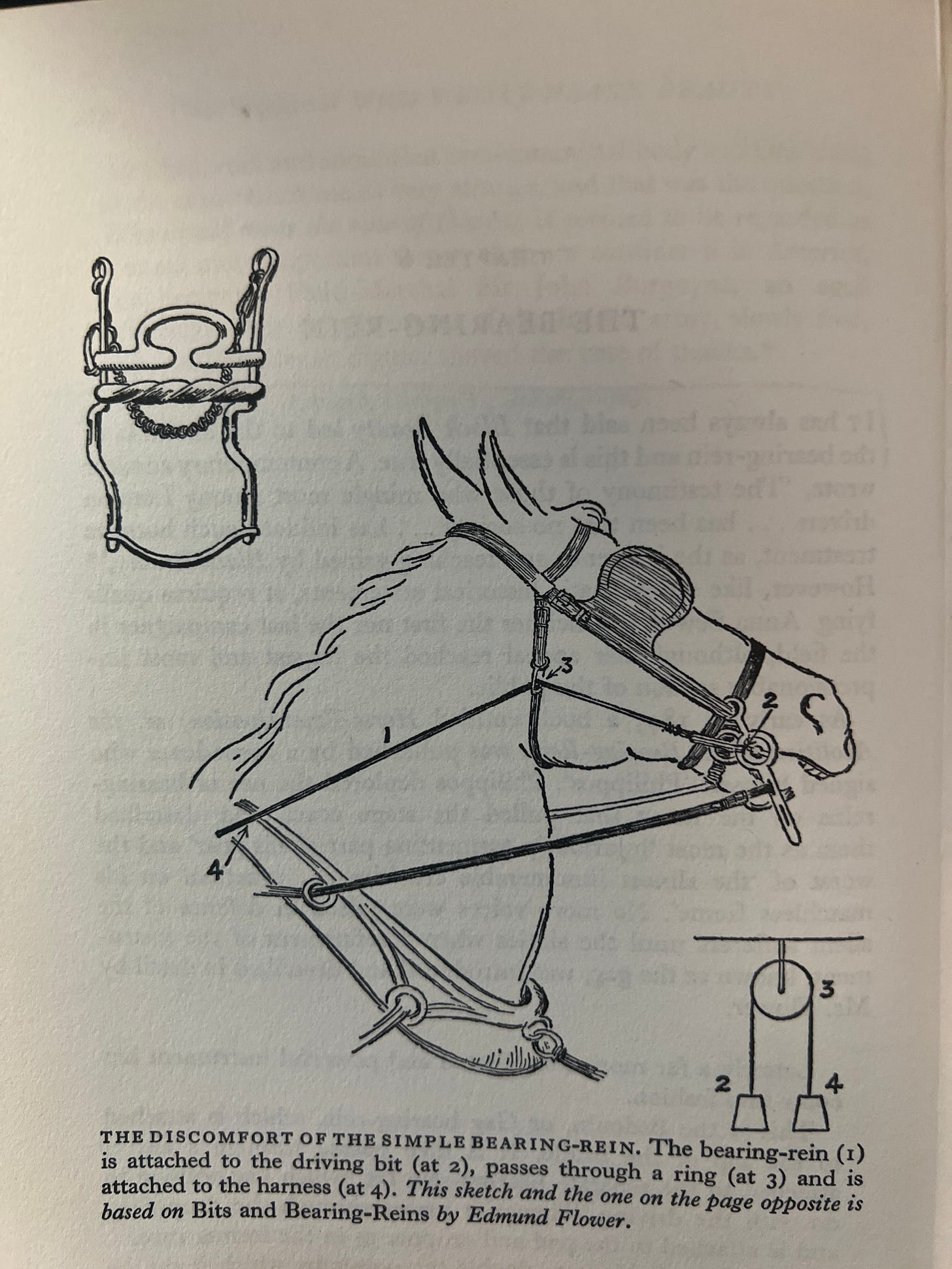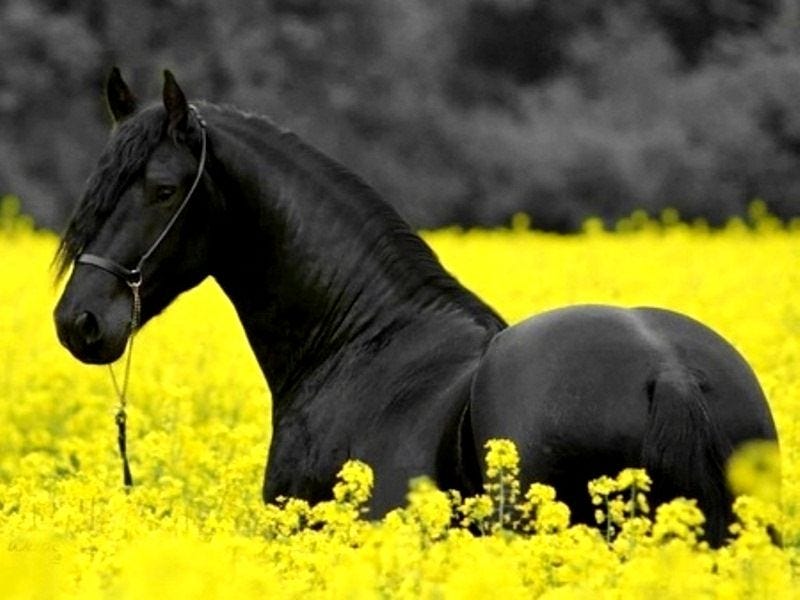I recently read that over 100 billion humans have been born. Billions of births and nearly as many deaths. I wondered, of the dead how many can I name? I excluded family and friends. I gave myself one minute. I named presidents, actors and authors. Pretty quickly I was forced to search my mind. In that minute I got to about 24. The last was Anna Sewell.
Do you know her? She was English. She died about 150 years ago. She wrote one book.
That book is Black Beauty. It has sold over 50 million copies. It is one of the best selling books in history. It is a classic of children’s literature. It changed the world. None of that was intended when Anna set out.
In our age of hustle culture many of us seem to have embraced the myth that we will be remembered. Leaving your mark is a goal. And that’s why I adore Anna Sewell.
As a child, of about 12, she injured her leg. Some say ankle. It isn’t relevant. What is important; the injury never healed properly. She couldn’t walk or even stand without help. As a result she became reliant on horses to get around. They created freedom.
The Victorian Era of Britain, when Anna lived, was often cruel. Among the suffering, the horse. Modern concepts of humane treatment and care were not common. Devices like “bearing reins” forced the horses head down, toward its chest. The upper crust of society liked the way it looked. That it made it hard for the horse to breath was not a concern.
Anna traveled and absorbed the reality of the brutality horses endured. Overburdened, beaten and otherwise abused. Worked to death and replaced. When she was roughly 50 Anna set out to try and change this. Her aim, write a book for “simple working folk” who worked with horses.
Her book follows the life of a horse in an often harsh world. It’s written from the perspective of the horse. It is believed to be one of the first books written from the point of view of an animal. In early versions this was included at the book’s beginning, “translated from the Original Equine.” This translation from Equine to English puts the reader in the body of the horse. The cruelty they experienced more real. You were being whipped. But you also experience joy and the beauty of the world courtesy the mind and eyes of a horse. Consider the books opening lines.
“THE FIRST PLACE THAT I CAN WELL REMEMBER WAS A LARGE pleasant meadow with a pond of clear water in it. Some shady trees leaned over it, and rushes and water-lilies grew at the deep end. Over the hedge on one side we looked into a ploughed field, and on the other we looked over a gate at our master's house, which stood by the roadside; at the top of the meadow was a plantation of fir trees, and at the bottom a running brook overhung by a steep bank.”
The “I” is an animal, it is also you. Can you see your meadow, your home? The human characters also have voice. They make it clear it isn’t enough to just be good yourself. One character demands that, "with cruelty and oppression it is everybody's business to interfere when they see it."
Anna took about seven years to finish the work. Her health failing, she died soon after publication. Only a few thousand copies had been sold. When the horse drawn hearse arrived at her home her mother uttered, “oh, this will never do!” Running outside she demanded the undertaker remove the bearing reins from all the horses. It was the first stone placed in the monument that would become he Anna’s legacy.
In the United States a million copies were in print within two years of the initial publishing. A feat made possible, in part, by George Angell, founder of several humane societies. He saw the power in Anna’s words and Black Beauty’s story.
Angell wrote, “I want to print immediately a hundred thousand copies. I want the power to give away thousands of these to drivers of horses. I want to send a copy post paid to the editors of each of about thirteen thousand American newspapers and magazines.” Making things viral or being an influencer isn’t new. His own copy of the book carried the subtitle, “The uncle Tom’s Cabin of the horse.”
Several years after Black Beauty’s publication the “bearing-rein” was largely abandoned in the western world. An observer of London horse drivers noted nothing had, “induced such humane treatment, as the influenced and teaching gained by Black Beauty.” The book served as vital fuel for the fledgling humane society movement in England and America.
I’ve come to take Anna’s tale as a reminder that we often have no idea of the impact we have. That being remembered is largely not up to us. Even entirely beyond our control. Everything we do, large and small changes the world, influences the future in ways we may never know. The moment of kindness extended toward a stranger. Seeking to add compassion to the world as Anna did. If you are driven, focused, honest and willing to try you just may share in Anna’s beauty. You will likely never know it, and that’s ok.
Author’s note: I’m fumbling my way through writing a screenplay about Anna Sewell. Her life and legacy are fascinating. There are interesting parallels to modern times, in a way the age of Victorian Britain is the low tech version of the muddied days we live in.








